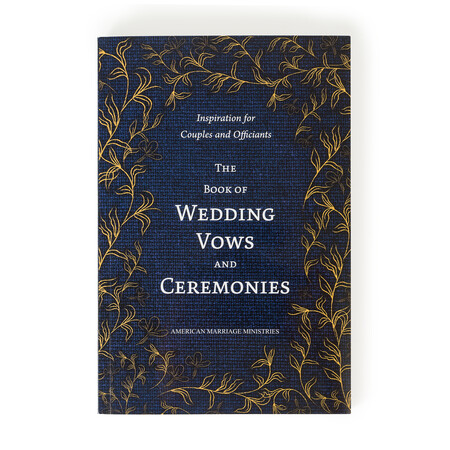Article 389 - Content of the affidavit.
The affidavit must contain:
(a) the name and surname or surnames, sex, age, place of birth, marital status, profession, domicile and residential address of each one of the contracting parties;
(b) the name, surname or surnames and place of birth of their respective parents;
(c) the degree of consanguinity, if any, between the contracting parties;
(d) the statement that there is no legal impediment to marry each other;
(e) if there was a previous marriage of either or both parties: the name and surname or surnames of the former spouse; the form of dissolution of the marriage bond; if it was due to death, the date and place of death of the spouse; if it was by decree of nullity or divorce, the date and the court that issued the sentence;
(f) the names, surname or surnames, age and residential address of each of the children of any of the parties;
(g) the date, time and place of the celebration of the marriage;
(h) the name and title of the marriage officiant;
(i) the name and residential address of the two witnesses to the act;
(j) the economic regime selected by the contracting parties to govern the
patrimonial matters of the marriage; and
(k) information related to any medical condition or surgical intervention that, if the other party knew, would not consent to the marriage.
If any of the contracting parties is a minor who has reached the age of eighteen (18), the declaration document required by this Code will include the written consent of the persons who exercise parental authority or guardianship over him. All information contained in this affidavit is confidential, and may not be disclosed for purposes other than the celebration of the marriage or its dissolution.
The person who, for reasons of his profession, knows the information contained in this Affidavit is obliged to maintain its confidentiality and may be subject to legal, criminal and civil liability, for the disclosure of any information that may cause harm to persons to whom referred to in this article.
(Translated) <<<>>>> (Original Spanish)
Artículo 389.-Contenido de la declaración jurada.
La declaración jurada requerida en esta sección debe contener:
(a) el nombre y el apellido o apellidos, el sexo, la edad, el lugar de nacimiento, el
estado civil, la profesión o el oficio, el domicilio y la dirección residencial de
cada uno de los contrayentes;
(b) el nombre, el apellido o apellidos y el lugar de nacimiento de sus respectivos
progenitores;
(c) el grado de consanguinidad, si lo hay, entre los contrayentes;
(d) la manifestación de que no existe impedimento legal para contraer
matrimonio entre sí;
(e) si hubo algún matrimonio previo de alguno o de ambos contrayentes: el
nombre y el apellido o apellidos del excónyuge; la forma de disolución del
vínculo matrimonial; si fue por muerte, la fecha y el lugar de fallecimiento
del cónyuge; si fue por decreto de nulidad o de divorcio la fecha y el tribunal
que dictó la sentencia;
(f) los nombres, el apellido o apellidos, la edad y la dirección residencial de cada
uno de los hijos de cualquiera de los contrayentes;
(g) la fecha, la hora y el lugar de la celebración del matrimonio;
(h) el nombre y el carácter del celebrante;
(i) el nombre y la dirección residencial de los dos testigos del acto;
(j) el régimen económico seleccionado por los contrayentes para regir los
asuntos patrimoniales del matrimonio; y
(k) la información relacionada con cualquier condición médica o intervención
quirúrgica que, de conocerla el otro contrayente, no daría su consentimiento
para el matrimonio.
Si alguno de los contrayentes es un menor que ha cumplido la edad de dieciocho
(18) años, el documento de la declaración que requiere este Código, incluirá el
consentimiento escrito de las personas que ejercen sobre él la patria potestad o la tutela.
Toda la información contenida en esta declaración jurada es confidencial, y no
puede ser divulgada para propósitos distintos de la celebración del matrimonio o su
disolución.
La persona que por motivos de su oficio conozca la información contenida en esta
declaración jurada está obligada a mantener su confidencialidad y puede quedar sujeta a
responsabilidad legal, tanto penal como civil, por la divulgación de cualquier información
que pueda causar daño a las personas a las que se refiere este artículo.
New Civil Code Nov. 2020
Back to Puerto Rico Marriage Laws







